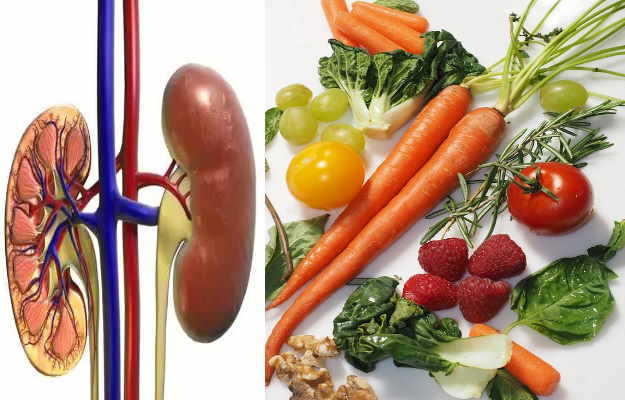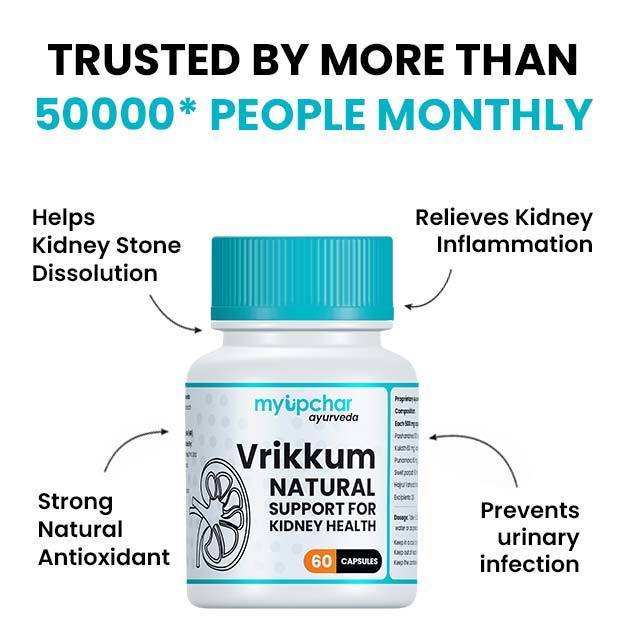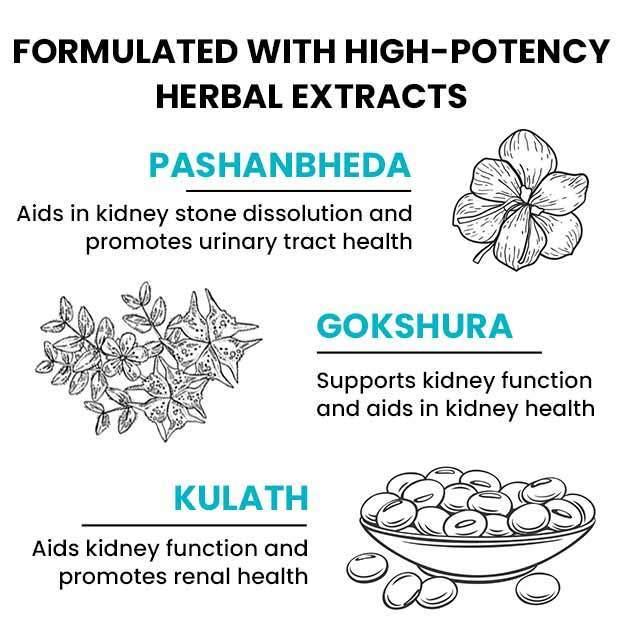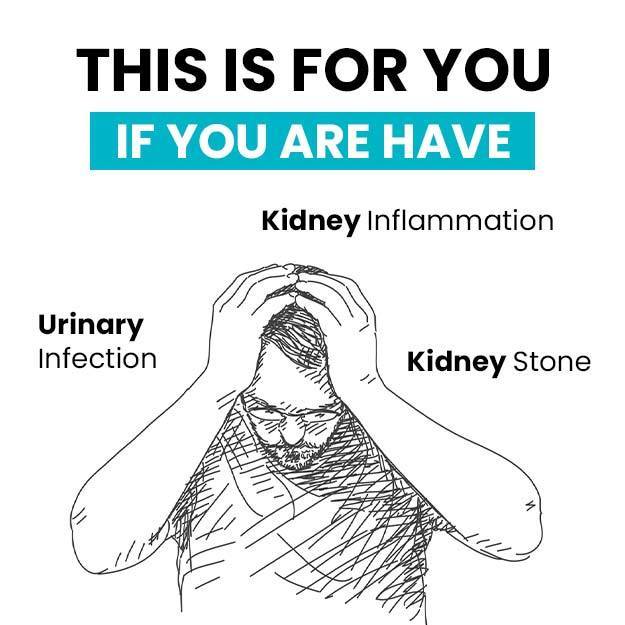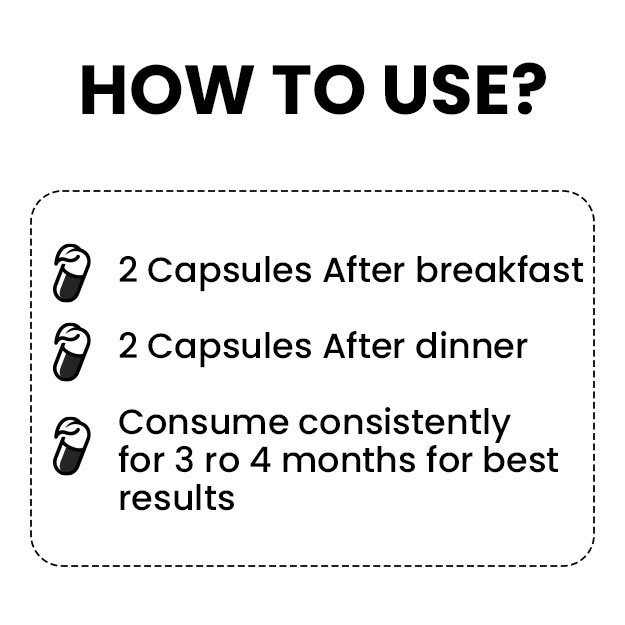The kidneys remove wastes and extra water from the blood and make urine. To keep the body working properly, the kidneys balance the salts and minerals such as calcium, phosphorus, sodium and potassium, which circulate in the blood. The kidneys also release hormones that help make red blood cells, regulate blood pressure and keep bones strong.
(Read more: Right time to check blood pressure)
When your kidney is not able to function properly, it is not able to filter or remove waste as well as required. If waste is left in the blood, it can negatively affect a patient’s electrolyte levels and other functions. Following a kidney diet may also help promote kidney function and delay complete kidney failure.
(Read more: Electrolyte Imbalance)
There are five stages of chronic kidney disease. Your doctor determines your stage of kidney disease based on the presence of kidney damage and your glomerular filtration rate (GFR), which is a measure of your level of kidney function. Your treatment, diet and fluid intake are based on your stage of kidney disease.

